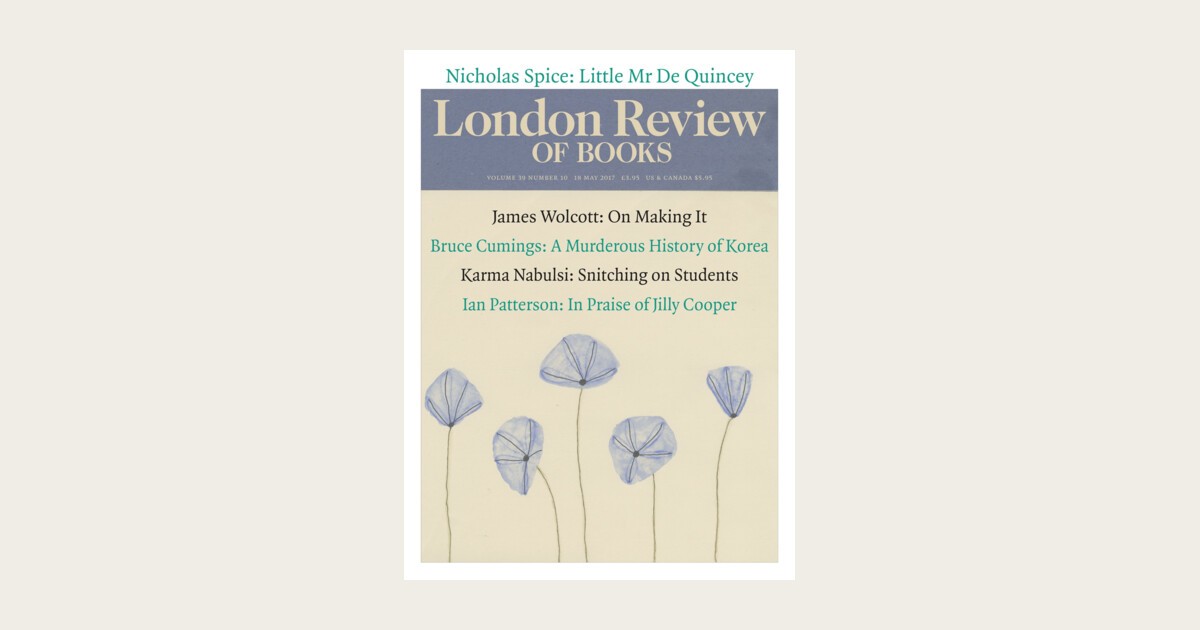IdleRich
IdleRich
The Devils Dictionary - Ambrose Bierce.
At my film night last week I showed the film An Occurrence At Owl Creek Bridge which is of course based on the short story of the same name by Bierce. I introduced it with the famous quote from Vonnegut
I consider anybody a twerp who hasn't read the greatest American short story, which is 'Occurrence at Owl Creek Bridge,' by Ambrose Bierce.
I did that entirely to insult my audience in a childish way cos I knew full well that there isn't a single person in Lisbon who has read it.
I also emailed a number of interested people who couldn't attend to inform them of what they had missed so that if they so desired they could maybe catch up and seek out the films they'd not seen that appealed to them. In such emails I made sure to include the quote and laughed pettily as they invariably replied "I guess I'm a twerp then". Tiny things please tiny minds as they say... one girl did actually read it straight away which impressed me though.




